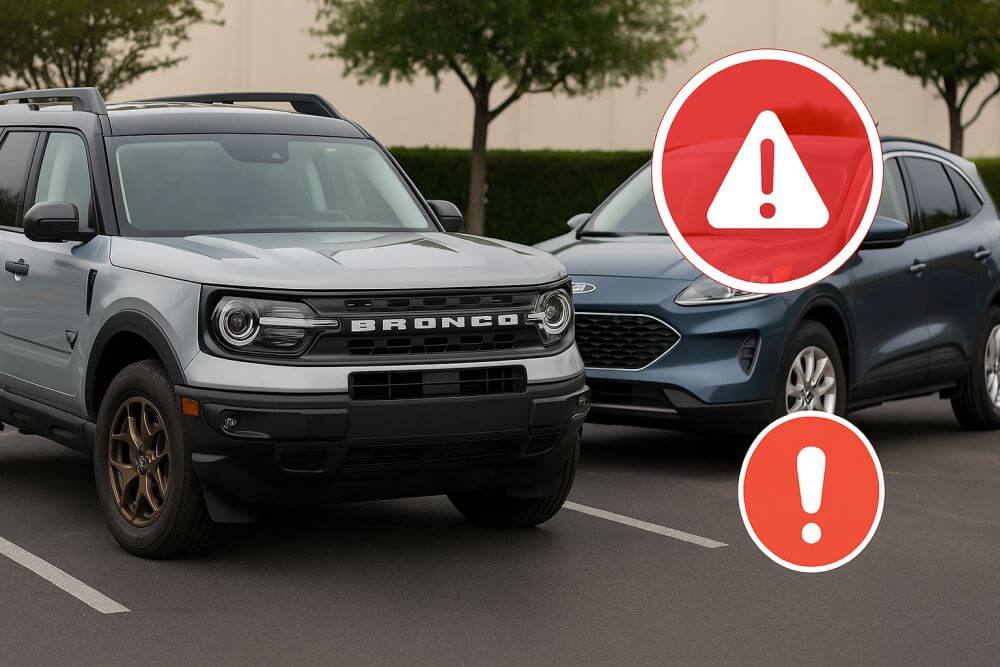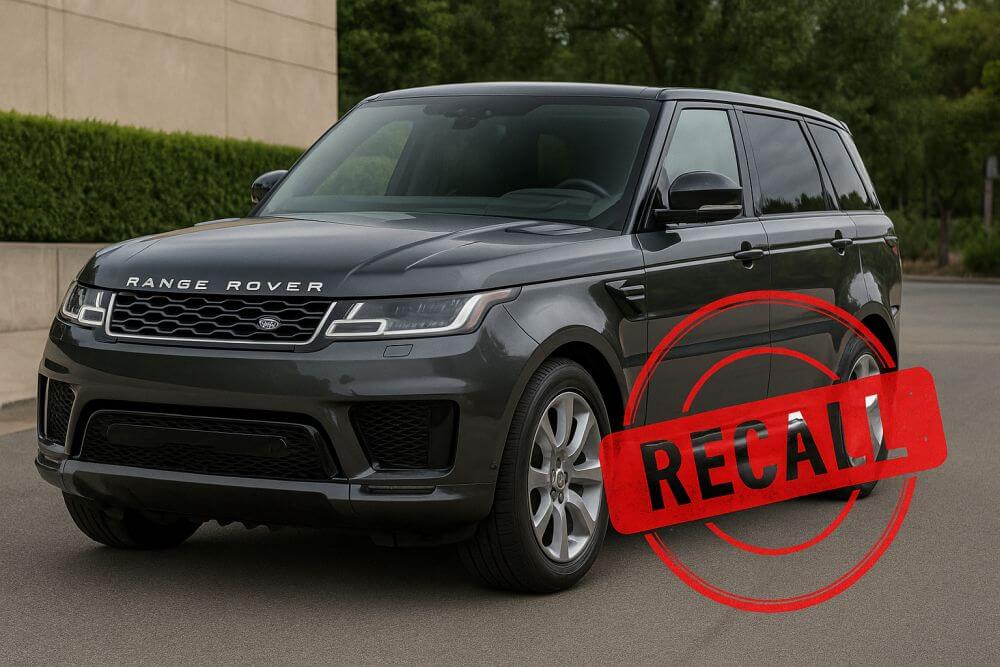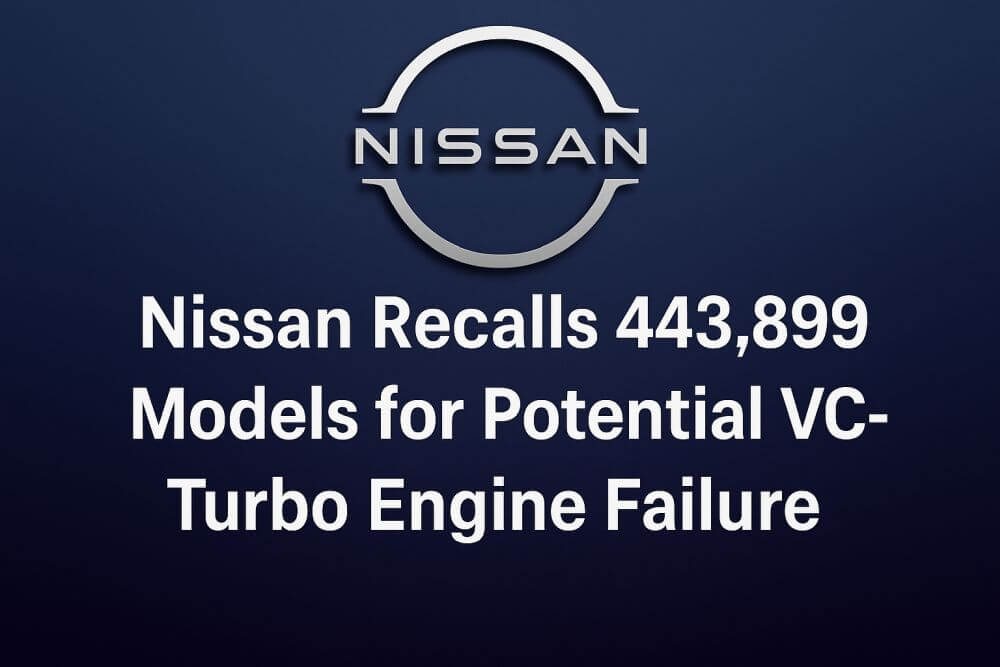The automobile industry is staggering in a year of record recalls across 14 car manufacturers – with even more recalls rolling out each month. Most significantly this year has been the massive Takata airbag recall initiated by the National Highway and Transportation Safety Authority (NHTSA), which started with 28.8 million airbags and then another 40 million added to the recall list, mostly for cars made from 2002 through 2015. Throughout summer, more than 2.5 million more automobiles by Audi, BMW, General Motors, Jaguar / Land Rover, and Mercedes-Benz were added to the recall list, with Mitsubishi, Toyota, Volkswagen, Mazda, Honda, Acura, and Fiat Chrysler announcing anticipated future recalls as well. Worldwide, more than 100 million vehicles have been impacted! A VIN number check at safecar.gov will show if your car is part of any of these recalls.

The source of the Takata airbag malfunction was the inflator, which has exploded violently in certain cases, propelling metal shards from the cartridge throughout the car cabin. The source of the problem has been the lack of a chemical drying agent for the use of the ammonium nitrate-based propellant that deploys the airbag. Over time, given environmental conditions, the airbags may not properly inflate, and worse, blast metal shrapnel into the cabin of the car upon impact.
In the United States, 10 fatalities and more than 100 people have been injured. The frontal airbags on the both the driver and passenger’s sides were impacted, prompting the NHTSA to call this “the largest and most complex safety recall in US history.”
GM’s 4 Million Recalls and More Airbag Malfunctions
Stemming from a software malfunction impacting the safety of deployed airbags, 4.3 million autos have been voluntarily recalled across GM’s entire family brand, including Buick, Chevrolet, GMC, and Cadillac. Thus far, one fatality and three injuries have been connected to the recall, when the airbag did not inflate properly. The malfunction stems from the car’s diagnostic and sensing module, which erroneously goes into test mode, and thus, prevents the front air bags from inflating. This software failure can also impact the seat belts.
Visit safecar.gov for a free VIN Number check that will lookup if your vehicle is included in the mass recall. The fix will be a software upgrade at your local dealership, and the models impacted are:
- 2014-2016 Buick Lacrosse, Chevrolet SS, Chevrolet Spark EV
- 2014-2017 Buick Encore, GMC Sierra 1500, Chevrolet Corvette, Chevrolet Trax, Chevrolet Caprice police car, Chevrolet Silverado 1500
- 2015-2017 Chevrolet Tahoe, Chevrolet Suburban, Chevrolet Silverado HD, GMC Yukon, GMC Yukon XL, GMC Sierra HD, Cadillac Escalade, Cadillac Escalade ESV
The last time GM conducted such a mass recall was in 2014, when more than 2.5 million cars were recalled because of faulty ignition that impacted the safety of their Takata airbags.
Nissan’s Recalls for Leaking Brake Fluid
Nissan has recalled 134,000 vehicles due to leaky brake fluid, which can ignite a fire from causing electrical short circuits. There have been no reported injuries, but the precautionary recall includes the following models:
- 2016-2017 Maxima sedans with intelligent cruise control
- 2015 – 2017 Murano crossovers with intelligent cruise control
- 2015-2016 Murano Hybrids
Check the VIN number of your car at safercar.gov to determine if your vehicle is part of the recall, and if so, Nissan advises that you park your cars outside until the issue is resolved. After you start your engine, if your ABS light remains on for more than 10 seconds, then your antilock brake pumps leaks and is part of the national recall.
Mazda’s Recall on Late Models
Mazda recalled more than 2 million of their vehicles because of dangerous rear hatches. The corrosion protection coating applied to the rear latch system was not effective, thus encouraging corrosion and breakage of the rear latch. The Mazda recall involves the following models, whose rear lift supports will be replaced, and you can check your VIN number at safercar.gov to see if your specific automobile is impacted:
- 2010 – 2013 Mazda 3 compact cars
- 2012 – 2015 Mazda 5 vans
- 2013 – 2016 CX-5
- 2016 CX-3 SUVs
The historical records set in this year of recalls has been astounding, stretching across all the brands and price points. It’s more imperative than ever to check your VIN number to determine if your vehicle requires repairs to keep you and your family safe.


